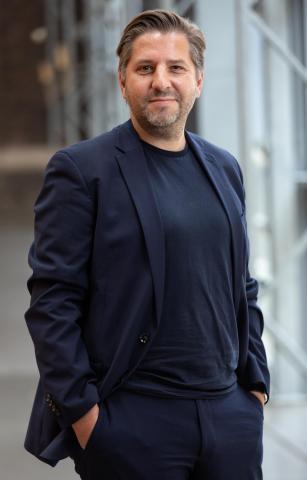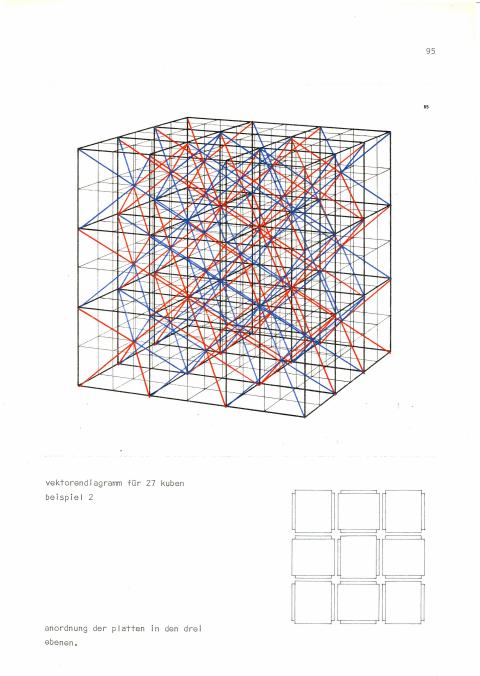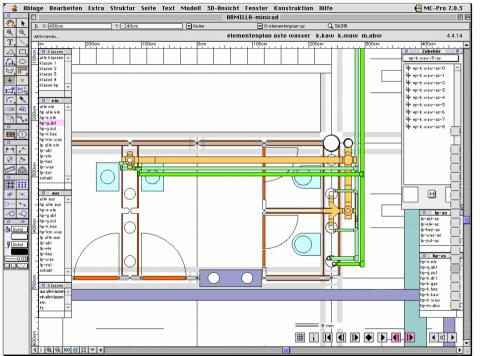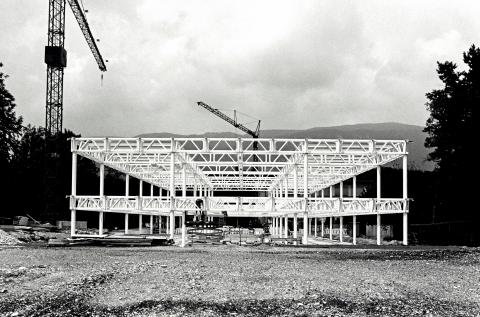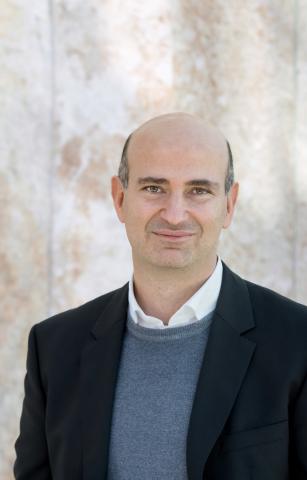Speaker
Georg Vrachliotis
From Steel to Silicon and Back Again. Fritz Haller's Modular Construction Systems between Architecture and Digital Culture
Architecture is at a significant turning point known as the Bauwende, which demands a major shift in our approach to designing and constructing buildings. This change isn't just about altering aesthetics but also about tackling deep-seated issues prompted by the urgent need to rethink traditional methods. We are facing one of the largest shifts since the mass production of buildings, urging us to question our long-standing practices and to innovate. As we navigate this pivotal change, the path forward remains unclear. How should architecture respond to today's fresh insights? The discussion surrounding the Bauwende brims with questions yet lacks definitive answers. However, exploring the profound concerns at the core of this shift may help us discover new directions.
Reflecting on the repetitive designs of past industrial buildings highlights our need for a different approach. In this context, Fritz Haller stands out. As a Swiss architect and one of the pioneers in building systems, Haller revolutionized the field with his steel construction methods and systemic approach in the 1960s. But Haller's influence extends beyond his architectural designs. He was ahead of his time, delving into early digital culture and artificial intelligence research in the 1980s, demonstrating that architecture can transcend conventional boundaries. Haller advocated purposeful building, promoting easy-to-assemble and disassemble designs. His view of steel construction as a cycle-building up and breaking down-resonates with today's Bauwende. His approach suggests that architecture should be sustainable, adaptable, and thoughtful. By embracing Haller's progressive principles, we can steer the Bauwende toward a future where buildings are environmentally friendly, technologically advanced, and deeply human-centric. His pioneering work with digital tools ensures the relevance of his ideas today and serves as a bridge between the past and future in architecture, construction, and engineering.
CV
Georg Vrachliotis is the Professor of Architecture Theory and Digital Culture and Head of the Design, Data, and Society Group at TU Delft's Faculty of Architecture and the Built Environment. He also directs "The New Open," a research project at TU Delft exploring the impact of open data on design and societal change. He obtained his Ph.D. from ETH Zurich and served as the Dean of the Architecture Faculty at the Karlsruhe Institute of Technology (KIT) since 2016. Georg has curated significant international architecture exhibitions, such as "Fritz Haller: Architect and Researcher" in Basel (2014, catalogue published with Laurent Stalder), "Sleeping Beauty: Reinventing Frei Otto's Multihalle" at the Venice Biennale (2018), and "Models, Media, and Methods: Frei Otto's Architectural Research" at Yale University (2020). Georg is an active member of the advisory boards for the Jaap Bakema Study Center, ARCH+ magazine, and the Schelling Architecture Foundation. He also serves as an external examiner at the Bartlett School of Architecture, UCL London.
